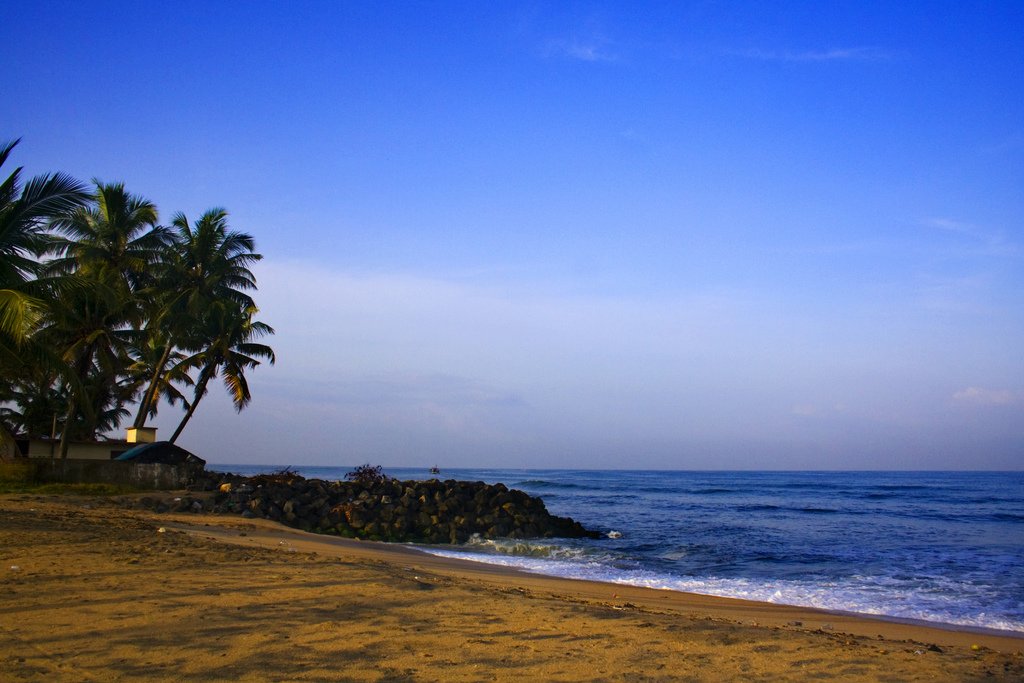Five beaches in Maharashtra have received the prestigious Blue Flag certification, an international recognition that signifies adherence to the highest environmental, safety, and quality standards. The certified beaches include Shrivardhan and Nagaon in Raigad district, Parnaka in Palghar, and Guhagar and Ladghar in Ratnagiri district.
The announcement was made by Maharashtra’s Women and Child Development Minister Aditi Tatkare, who commended the achievement as a milestone in the state’s efforts to promote clean, safe, and sustainable coastal destinations.
What is Blue Flag certification
Blue Flag is an international eco-label awarded by the Foundation for Environmental Education (FEE) based in Denmark. It recognises beaches and marinas that meet 33 stringent criteria covering environmental education, water quality, safety, management, and public amenities. The certification aims to promote sustainable tourism while encouraging environmental conservation and responsible visitor behaviour.
Criteria for Blue Flag beaches
To earn the Blue Flag, beaches must maintain high water quality free from pollution and implement robust safety measures, including trained lifeguards and rescue equipment. They must provide environmental education programmes for visitors and ensure cleanliness through waste management and plastic-free initiatives. Adequate public facilities such as clean restrooms and drinking water stations are mandatory, along with efforts to protect natural habitats and biodiversity.
Significance for Maharashtra
This recognition enhances Maharashtra’s reputation as a sustainable tourism destination. It reinforces eco-friendly tourism practices, attracts domestic and international visitors, and supports the government’s ongoing coastal management initiatives. The certification also raises environmental awareness among local communities and encourages responsible tourism development.
Impact on local economy and environment
Blue Flag certification is expected to boost local tourism revenue, create employment opportunities in hospitality, security, and environmental education, and benefit small businesses. Environmentally, it promotes better waste disposal, improved water treatment, and marine ecosystem preservation. The initiative fosters community involvement in conservation and responsible coastal management.
Future prospects and challenges
Maintaining the Blue Flag status demands continuous monitoring, investment in infrastructure, and capacity building. Challenges such as climate change, pollution, and waste management remain key areas of focus. Collaboration between government bodies, NGOs, and citizens will be essential to sustain progress and expand the Blue Flag programme to more beaches across Maharashtra.



